What is the Difference Between Perfume and Cologne?
When choosing a fragrance, you may find yourself wondering about the differences between cologne and perfume. This distinction goes beyond just marketing and branding, touching upon concentration, longevity, historical context, and even gender norms.
Concentration of Essential Oils
At the heart of the difference between cologne and perfume is the concentration of essential oils. Perfumes contain a higher concentration of essential oils, typically around 15-20%.
This high concentration means that perfumes are more potent and can last for a longer period, often lingering on the skin for up to 24 hours or more. On the other hand, colognes have a much lower concentration of essential oils, usually around 2-4%. This lower concentration results in a lighter, more subtle fragrance that lasts for a shorter duration, typically up to 2-3 hours.
Longevity and Potency
The concentration of essential oils directly impacts the longevity and potency of the fragrance. Perfumes, with their higher concentration, are known for their strong, lasting scents.
A few sprays of perfume can often last an entire day, making them ideal for long events or special occasions where you want your fragrance to make a lasting impression. Colognes, however, are lighter and more refreshing, often requiring reapplication throughout the day. They are perfect for everyday use, casual outings, or situations where a subtle fragrance is more appropriate.
Historical Context
Understanding the historical context of cologne and perfume provides deeper insight into their evolution and usage. The term "cologne" originates from the city of Cologne in Germany, where it was first created in the early 18th century.
Originally, cologne was a unisex fragrance, known for its light and refreshing scent, often infused with citrus and herbal notes. Perfume, on the other hand, has a much older history, dating back to ancient civilizations such as Egypt, where it was used in religious ceremonies and by the elite to signify status and luxury.
Gender Norms and Marketing
Over time, the fragrance industry has seen the development of gender norms that associate colognes with men and perfumes with women. This distinction is more a product of marketing than anything else. Historically, cologne was not gender-specific, but modern advertising has positioned it as a masculine product, often emphasizing fresh, sporty, or woody scents.
Perfume, with its rich, floral, or exotic notes, is marketed towards women. However, these norms are becoming less rigid, with a growing trend towards unisex fragrances that can be enjoyed by anyone, regardless of gender.
Practical Usage and Choosing the Right Fragrance
When deciding between cologne and perfume, consider your personal preferences, lifestyle, and the occasion. If you prefer a light, refreshing scent that you can reapply throughout the day, cologne might be the better choice. It’s perfect for hot weather, daily wear, or a quick spritz before heading out.
On the other hand, if you want a long-lasting, potent fragrance that makes a statement, perfume is ideal. It’s great for formal events, evening wear, or when you want your fragrance to leave a lasting impression.
Unisex Fragrances: Bridging the Gap
The rising popularity of unisex fragrances is bridging the gap between cologne and perfume. These fragrances are designed to be gender-neutral, focusing on the quality and blend of the scent rather than adhering to traditional gender norms.
Unisex fragrances often feature a balance of fragrance notes that appeal to both men and women, such as citrus, spices, and woods, offering versatility and inclusivity in fragrance choice.
The choice between cologne and perfume ultimately comes down to personal preference and the specific needs of the occasion. Understanding the key differences in concentration, longevity, historical context, and evolving gender norms can help you make an informed decision.
Whether you opt for cologne's light, refreshing nature or the potent, lasting allure of perfume, the world of fragrances offers something for everyone. Embrace the opportunity to explore different scents and find the one that best expresses your unique personality and style.
Wrapping Up
Cologne and perfume are distinct in their concentration of essential oils, longevity, and historical roots.
While cologne offers a lighter, more transient scent ideal for casual use, perfume provides a rich, enduring fragrance suitable for more formal or extended occasions. The evolving landscape of fragrance preferences continues to break down traditional gender norms, making way for unisex options that appeal to a broader audience.

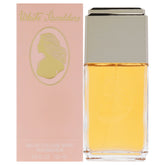

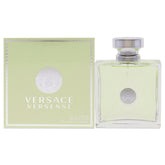

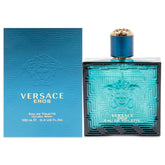

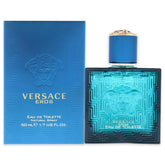

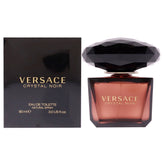

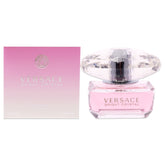

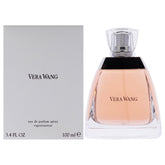

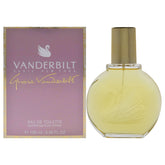

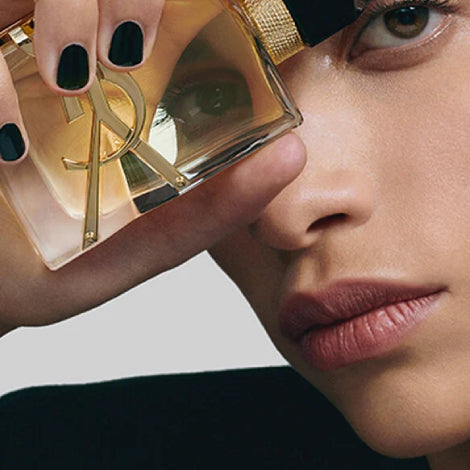
Leave a comment
Please note, comments need to be approved before they are published.